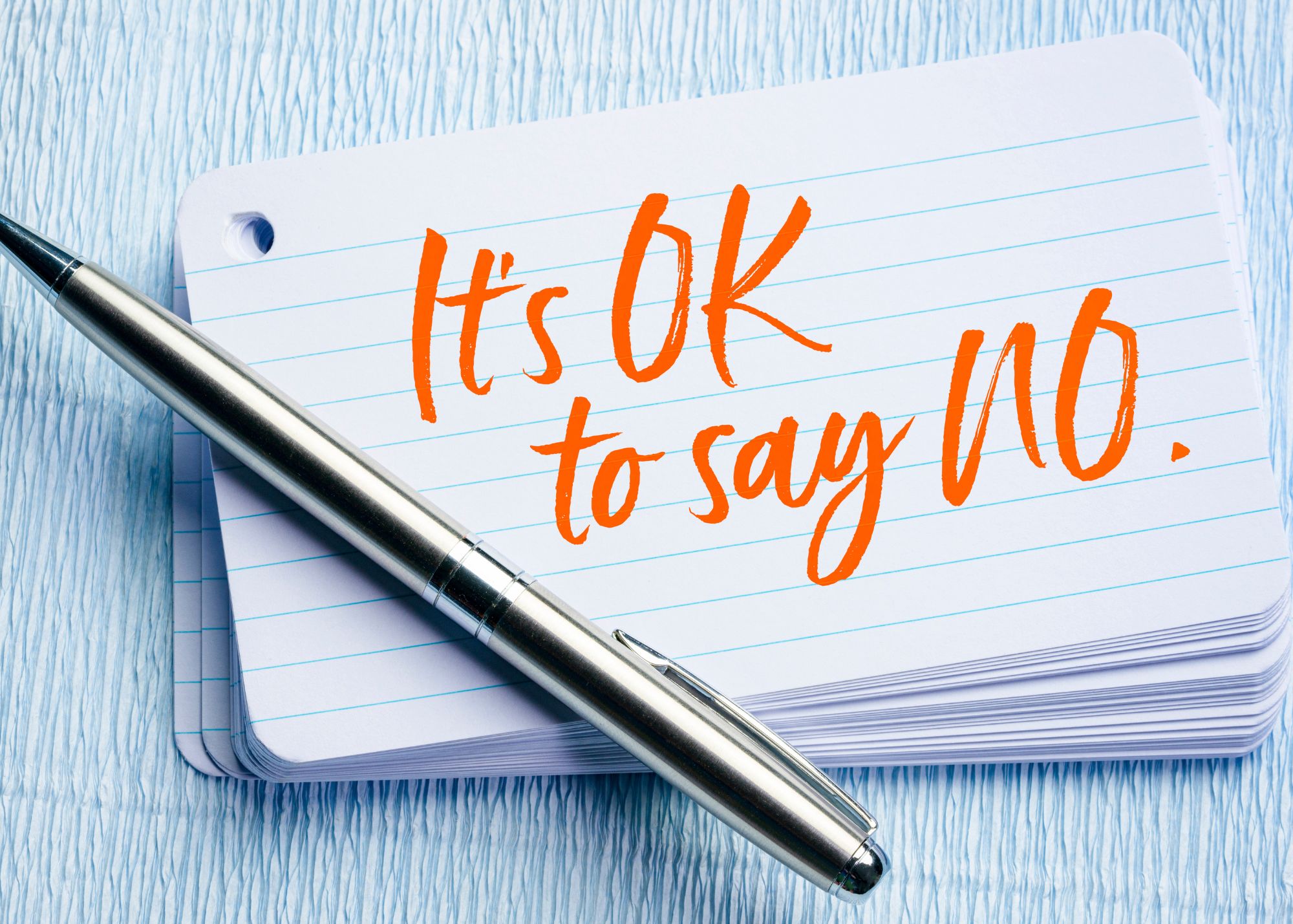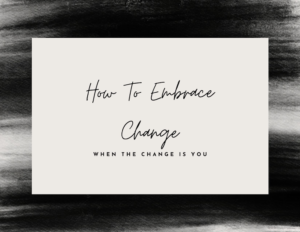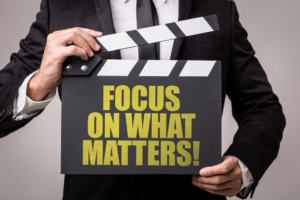Avoid burnout with these five tips for saying no effectively. If you’re anything like me, burning out is inevitable. Just when you think you’ve got things under control and scored some much needed balance in your life, reality comes a calling. It usually starts with being overgenerous with your new found time and energy. But a slippery slope it is. Before you know it, you’ll find yourself burnt out. Learn about the signs of burn out here.
Here’s the deal. The ability to say no is a crucial skill in your personal and professional life. Yet, the reality of saying no can be difficult, especially when it comes to dealing with family, friends, colleagues, superiors, or customers. However, it’s important to learn how to say no effectively to maintain your boundaries, avoid burnout, and protect your time and energy. In this blog post, we’ll explore the reasons why it’s important to say no, the benefits of saying no, and how to say no in a professional and assertive manner.
Why Saying No is Important
Saying no effectively is important for several reasons. First and foremost, saying no helps you maintain your boundaries and protect your time and energy. When you say yes to everything, you run the risk of overcommitting and becoming overwhelmed, which can lead to burnout. Instead, by saying no, you can ensure that you’re taking on only what you can handle. As a result, you’re able to give your best effort to each task or project.
In addition to protecting your boundaries, saying no can also help you prioritize your tasks or work. Moreover, you can focus on the most important tasks. While it can be tempting to say yes to everything, you run the risk of spreading yourself too thin. When this happens, you’re not able to give your best effort to any one task. By saying no, you can ensure that you’re focusing your time and energy on the tasks that are most important. In turn, those tasks are likely to have the greatest impact.
Finally, saying no can also help you build credibility and establish your professional reputation. When you say yes to everything, people may view you as unreliable or unable to manage your time effectively. Short-term wins don’t always equal long-term gains. By saying no and demonstrating that you’re able to effectively prioritize your work and protect your boundaries, you can establish yourself as a reliable and professional individual. Further, you can demonstrate your ability to effectively manage your time and responsibilities.
Benefits of Saying No
There are several benefits to saying no effectively in the professional setting and workplace. Some of these benefits include:
- Improved Work-Life Balance: Saying no can help you maintain a healthy work-life balance by ensuring that you’re not taking on more than you can handle. This can help you avoid burnout and ensure that you have time for the things that are most important to you outside of work.
- Increased Productivity: When you say no to non-essential tasks or projects, you can focus your time and energy on the tasks that are most important. This can help you be more productive and achieve better results in your work.
- Better Relationships: Saying no in a professional and assertive manner can help you build stronger relationships with your colleagues, superiors, and clients. By saying no and setting clear boundaries, you can establish trust and respect, which can lead to better communication and collaboration at home and in the office.
- Improved Reputation: Saying no effectively can help you establish yourself as a reliable and professional individual who is able to manage your time and responsibilities effectively. This can help you build your reputation and increase your credibility in the workplace.

Five Tips for Saying No Effectively
There’s no denying that saying no can be difficult, but it’s important to learn how to do it effectively to maintain your boundaries and protect your time and energy. Here are some tips for saying no like you mean it:
- Be clear and direct. When declining a request, it’s essential to be clear and direct about your intentions. Don’t beat around the bush and avoid being vague or non-committal, as this can create confusion and leave the other person with false hope. Instead, state your decision concisely and firmly, such as “I’m sorry, but I’m not able to take on that project right now.”
- Offer an explanation. By providing a reason for your decline, you can help the other person understand and respect your decision. However, be mindful of the type of explanation you offer. Avoid blaming or making excuses, as this can damage your relationship with the other person. Instead, be honest and respectful, such as “I have a lot on my plate right now, and I need to focus on meeting my current commitments.”
- Offer some alternatives. If possible, offer alternative solutions or suggestions to help meet the other person’s needs. This can show that you’re willing to help and that you value their request, even though you can’t fulfill it. For example, “I’m not available to attend that meeting, but I’d be happy to provide some input beforehand.” For a long-term solution, you can recommend someone else for the task. Just be sure it’s someone you trust and respect.
- Be assertive, not aggressive. Assertiveness is the key to saying no effectively. It involves standing up for your rights and needs while still respecting the rights and needs of others. Avoid being aggressive, as this can damage your relationships and reputation. Instead, be confident and firm, but also polite and respectful.
- Practice self-care. Saying no can be challenging, especially if you’re used to being a people-pleaser [I’m half-heartedly raising my hand. Not really. Well, kind of]. It’s essential to take care of yourself and prioritize your mental and emotional well-being. Ultimately, this can help you feel more confident and empowered when declining requests and invitations. Boost your focus with this self-care plan.
In Summary
In conclusion, saying no effectively is a critical skill that can help you maintain healthy boundaries, prioritize your workload, and protect your time and energy. By being clear, direct, and assertive, you can decline requests and invitations professionally and respectfully, while still meeting the needs of others.
CHECK-IN
1. When do you find it the most difficult to say no?
2. What do you want to gain out of saying no effectively?
3. What will you do with all the new found time and energy on your hands after you begin saying no effectively?


























